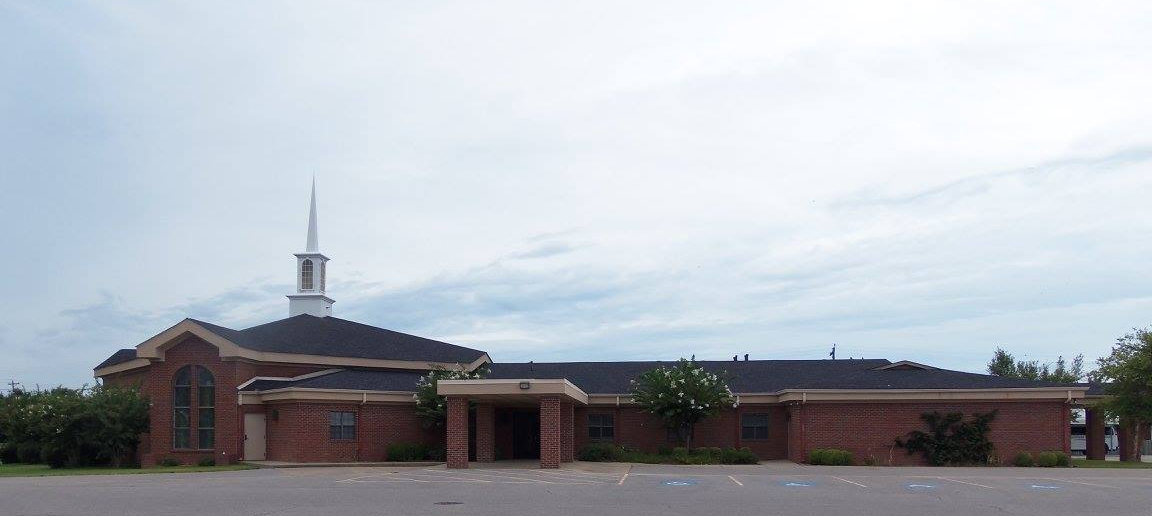Occasionally I hear someone make the statement, “Saul was saved on the road to Damascus.” When I hear that statement I always wonder, does that person know what they just said? Perhaps they fail to understand what salvation is? Maybe they are just a bit confused? But all too often it is the case that the person actually believes that statement to be true. So, just exactly when was Saul of Tarsus “delivered from the power of darkness and conveyed into the kingdom of the Son of His love” (Col 1:13)? In order to answer that question we must come to an understanding of what God requires of us and what He does for us when we meet those requirements.
The account of Saul’s salvation is found in Acts 9:1-19. As Saul traveled along the road there is no doubt that he believed himself to be in a proper relationship with God. He sincerely believed that his persecution of those who were of “the Way” (cf. Acts 9:2) was the proper thing to do (cf. Acts 23:1; 26:9-11). But Jesus appeared to Saul as he was nearing the city and let Saul know in no uncertain terms that his current activities were contrary to what God had planned for him.
The first thing we see Saul doing in the process of his conversion is recognizing Jesus as Lord (Acts 9:5). In order to be saved one must recognize the lordship and authority of Jesus. Even though Saul recognized that he was being spoken to by someone of great authority he still was not certain of that person’s identity. Jesus identified Himself as “Jesus, whom you are persecuting.” Saul asked Jesus what to do but was only told to go into the city and someone would come to him with further instructions. At this point Saul has recognized the authority of Jesus and is in the process of submitting to the will of the Lord. He has accepted the fact that Jesus is truly the Son of God. In other words, Saul believes. A belief in God and in Jesus as the Son of God is a necessary prerequisite to salvation (Jn 8:24; Heb 11:6).
While no specific reference is made to repentance in this particular case it is evident that Saul did repent of his conduct. Repentance is a change of direction in life. It is the abandonment of one’s former conduct and the pursuit of a different course in life. Feeling a godly sorrow about the misdeeds in which one has engaged leads to genuine repentance (2 Cor 7:10), which is moving a person in the direction of salvation. “Repent” was the first instruction the apostle Peter gave to those who had been involved in and witnessed with approval the crucifixion of Jesus (Acts 2:38). By the time Ananias came to Saul in Damascus Saul had been praying for three days (Acts 9:9-11). There can be no doubt that Saul’s prayer was a prayer of repentance. But was Saul saved at this point? I often hear people talk about praying the “sinner’s prayer” in order to be saved. There is no such instruction in Scripture, either by direct command, example, or inference. Even though Saul was praying a prayer of repentance he was still in his sins.
When Ananias came to Saul he healed Saul’s sight (Acts 9:17, 18; 22:13), but even that did not save Saul. In order to know when Saul was saved we must turn to Saul’s own recounting of this event. As Saul, now known as the apostle Paul, recounted these events before the crowd in Jerusalem we find that Ananias had one further bit of instruction for Saul. Saul believed in Jesus as the Son of God. He had repented of his past sins. He was ready to tell the world that Jesus of Nazareth was and is the Messiah. Thus, Ananias said to Saul, “Why are you waiting? Arise and be baptized, and wash away your sins, calling on the name of the Lord” (Acts 9:18; 22:16). Saul’s submission to baptism is what resulted in the actual removal of his sins. Thus, baptism is the final act of submission that removes our sins (Acts 2:38), saves us (1 Pet 3:21), and puts us into Christ (Rom 6:3; Gal 3:27). Baptism is not something you do to earn salvation. It is something that is done to you in submission to the will of God, just as Phillip baptized the man from Ethiopia (Acts 8:38) and as Paul baptized Crispus, Gaius, and the household of Stephanas (1 Cor 1:14-16).
Saul was not saved on the road to Damascus. Saul was saved when his sins were washed away. We are saved today in that same way – when our sins are washed away. Have you had your sins washed away by the blood of Christ in the waters of baptism? If not, why not?

Comments are closed, but trackbacks and pingbacks are open.